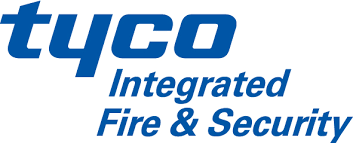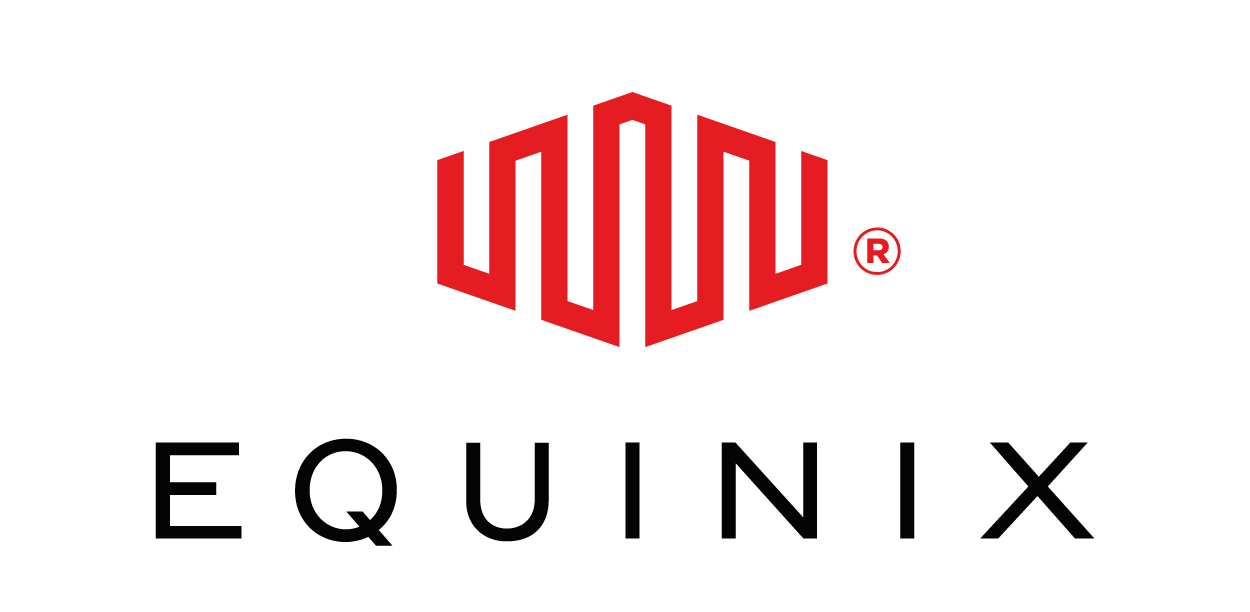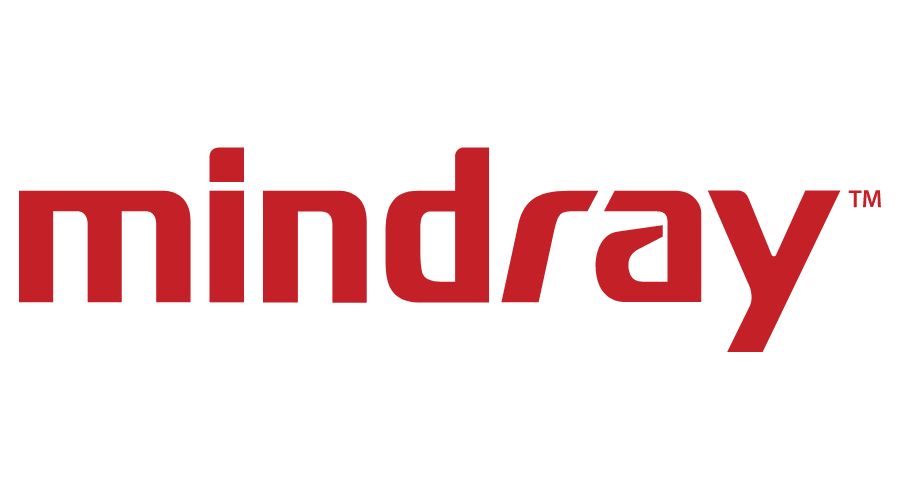The benefits of CPD
The benefits of CPD
What is CPD?
If you’re looking to boost your career prospects, you may want to consider the importance of CPD. Used by thousands of professionals to develop new skills and knowledge throughout their career, CPD has become crucial in terms of career progression. So, what is CPD and how could it benefit your career prospects.
What does CPD stand for?
CPD stands for Continuing Professional Development and it is important as it’s used by professionals to further their career. It’s a proactive and conscious form of learning which uses various methods to help individuals either learn new skills or develop existing ones.
From seminars, webinars, online training, and classroom courses, CPD can take many forms. CPD is the training of key skills and knowledge for your work. It can be practical skills, such as a food hygiene course, or a theoretical refresh of information important to your role like a safeguarding course.
Sometimes your job role relies on you taking part in professional training and development. It also demonstrates to your current and future employers that you take your skills and your work seriously. You are more likely to gain a promotion or become employed for a better-paying job.
What are the benefits of CPD?
CPD gives you more knowledge and skills related to your job. It also means your employer can have confidence in your ability to complete your role effectively. You will also gain confident in your role having completed CPD courses; you’ll be set up with information about the regulations and standards you need to know. There are many industries that require workers to be CPD certified.
What is CPD certified? It simply means that you’ve completed an accredited CPD training course and you’re competent in the topic you’re certified in.
Lots of industries require you to be CPD certified. A common example is the food industry. Every level of the food handling industry needs to have appropriate training and supervising, whether it be:
- Direct from the farm
- In processing and packing factories
- Catering companies
- The hospitality industry
- Home cooking and baking
Furthermore, any business that works in food retail or catering should be providing employees with training on allergens. The potential to harm someone is great if a food preparation area is contaminated with food that can invoke strong allergic reactions, so the government requires specific training on this matter.
In a similar vein, people who work with children need to be CPD certified. Under the Education Act 2002, anyone who comes into contact with children under 18 through their work must receive safeguarding training, up to level two. If your role designates you as the organisation’s safeguarding lead, you have to undergo level three safeguarding training.
The benefit to taking safeguarding training lies very much with the children you will be working with. When you have received CPD training about safeguarding you’ll be able to understand signs of abuse or neglect and know your responsibilities in such situations.
In light of this, one of the major benefits of CPD training is meeting legal requirements. Your employer must ensure training is in place. If the requirements for CPD certified staff are not in place, employers could face being shut down as a result.
How can I undertake my CPD training?
“What is a CPD course?” is a common question – if someone’s new to the workforce it may be a completely new concept. Put simply, a CPD course is a form of training that will educate you on issues, laws, and important information to do with your job.
Training comes in a range of formats. Some of your options for CPD courses include:
- Seminars
- Workshops
- Classroom training
- Webinars
- Conference calls
- Online workshops
- E-learning
- Or a mix of some or all of them, depending on the type of skills being trained.
Looking at the list, you’ll notice that the first three are face-to-face training options, whilst the last four are online CPD course options. Each type of training delivery has its advantages and disadvantages; it’s up to you and your employer to choose which will work best for you.
Face-to-face training
Pros
- Questions, queries, and confusion can be cleared up almost instantly
- Group work and role plays can be easily facilitated
- Encourages networking between local peers
- Builds soft skills such as collaboration and leadership
Cons
- People can feel uncomfortable in a classroom setting
- Costs associated with face-to-face training are high
- Courses may not be available when you need them
- There’s time and commuting costs involved
Online training
Pros
- Cost effective with no room hire or real-time instructor needed
- Can be undertaken at a time that works for you – great for shift workers
- Course participants can work at their own pace without peer pressure
- More accessible with better options for people with hearing impairment or mobility difficulties, for example
- Opportunity to network outside of immediate geographic area
Cons
- Can take time to get responses from course instructors if it’s not delivered in real time
- Not able to deliver practical training, such as first aid courses
- Requires participants to be comfortable working with computers
Each of the above has its own range of benefits and most professionals choose to undergo several types of CPD for best results.
Things to consider
Wherever possible, you should take opportunities for CPD, meaning that when you employer offers it or you have a personal budget for it, you should take a training course. You will only become a better employee, colleague, and teammate – there isn’t a downside to CPD training.
CPD shows you stand for self-development. Your current and future employers will respect that you take time to invest in yourself or have sought support from your employer to achieve more in your job.
Some roles, such as food handling and working with children, have requirements to undergo training. Being CPD certified in these fields is important, and there is still great value in additional training even when it isn’t a requirement.
Course delivery can be flexible, both in its format and how it is delivered. Face-to-face and online training are both options. The one that will be best in your circumstances depends on what you want to learn, your budget, and your learning style.
There are so many reasons to choose to continue your professional development so why not see which types of CPD are available to fit your needs?
To find the right CPD courses that can add value to your CV, please call us on 01707 828 751 or browse our latest CPD course catalogue












